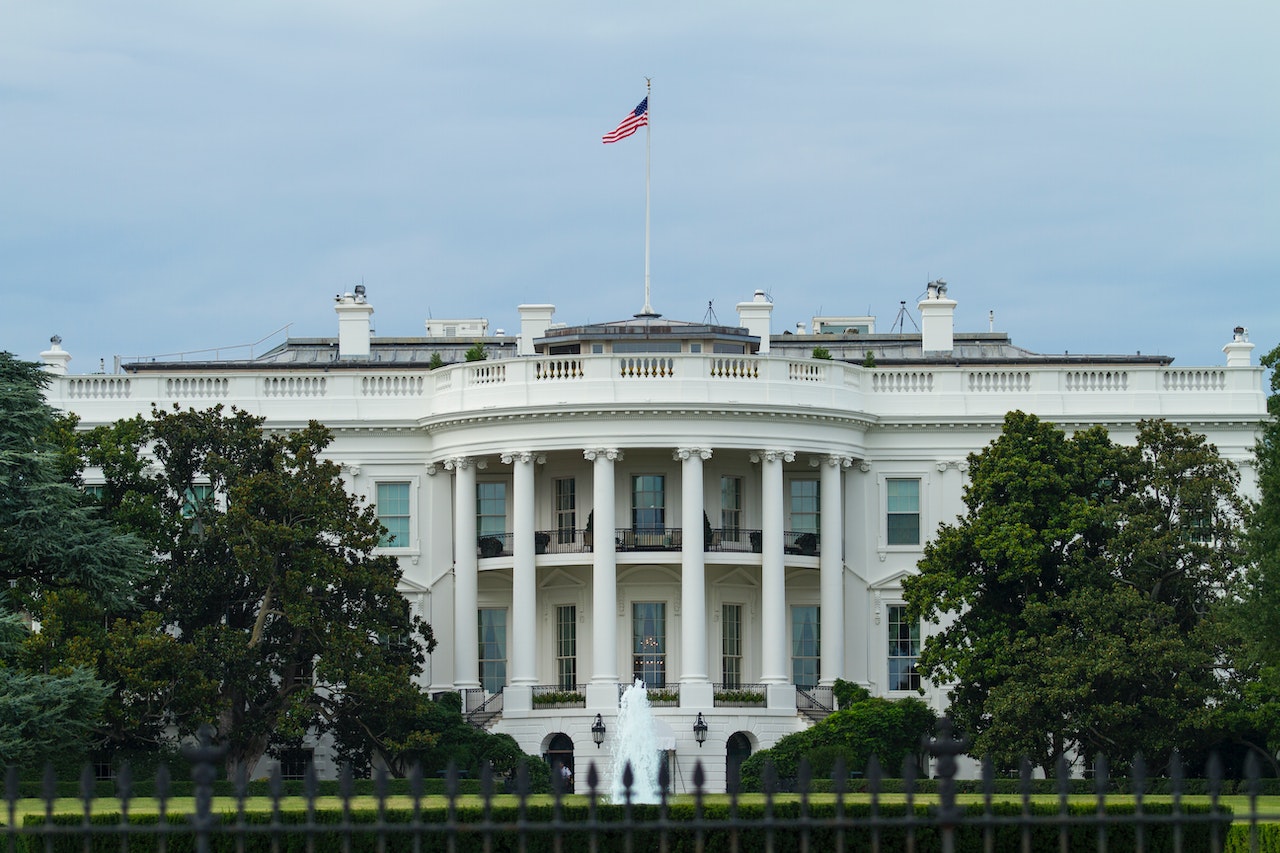In a pivotal address to the nation from the Oval Office on October 19, President Biden unveiled plans to bolster military aid to both Israel and Ukraine, underscoring a commitment to global peace and stability. Additionally, President Biden announced a comprehensive $106 billion supplemental funding package, seeking Congressional approval, with a significant portion aimed at countering China’s economic influence.
If greenlit, the proposed allocation would see $3.4 billion earmarked for augmenting the operational capacity of the U.S. Navy in the Indo-Pacific theater. This investment is poised to expedite the construction of submarines vital to patrolling the region, pursuant to a strategic security accord involving Australia, the United Kingdom, and the United States. A further $2 billion has been designated to establish a viable economic alternative to the People’s Republic of China, with an additional potential of up to $21 billion for expanding lending opportunities through the International Monetary Fund and World Bank. Moreover, $2 billion is slated to support foreign military endeavors.
Nevertheless, the prospective funding package announced by President Biden faces potential hurdles within the House of Representatives, currently gripped by political discord amid the search for a successor to former House Minority Leader Kevin McCarthy. National Security Advisor Jake Sullivan emphasized that the American populace anticipates their leaders to prioritize these critical initiatives.
While specific funding for Taiwan remains undisclosed, the Biden administration affirmed a commitment to distributing resources throughout the entire region, ensuring a holistic approach to bolstering security.
This announcement follows a year of escalating tensions between the United States and China. President Biden asserted the necessity of safeguarding Ukraine’s autonomy against potential encroachment by Russia, safeguarding stability and peace not only in the bilateral relationship but also in pivotal regions such as the Indo-Pacific and the Middle East.
Should the funding proposal progress as projected, the $7.4 billion dedicated to countering China’s economic influence could wield substantial influence over both the domestic and global economic landscapes. This investment would empower U.S. allies in the region to confront emerging challenges and potentially alleviate simmering tensions between the two global powers.
Source: Yahoo Finance



